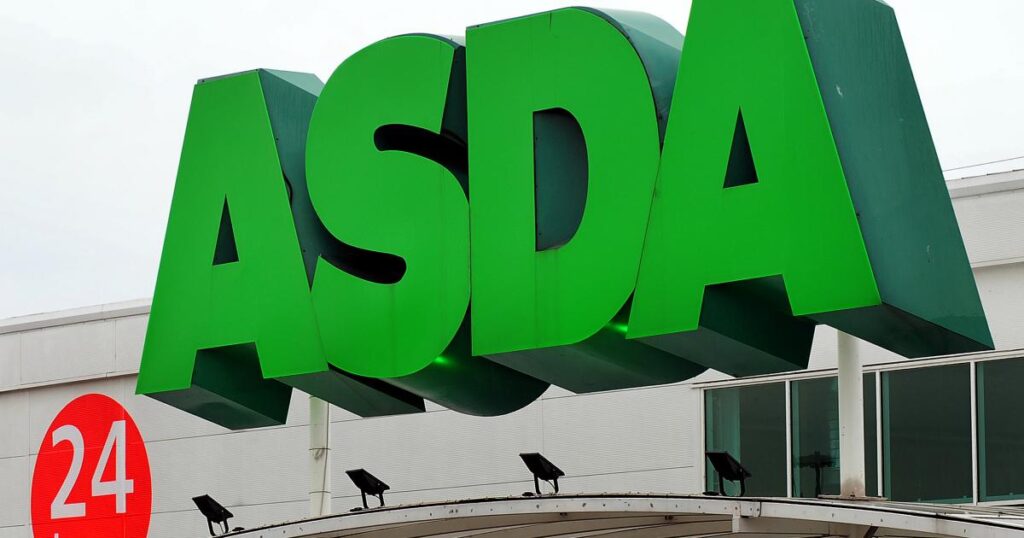The supermarket giant is reducing the price of 249 lines reduced – 197 of which are fresh food lines.
Customers will see an average 7% price drop on the new lines on average, with some discounts as big as 50%, including Extra Special Frozen Raw & Hand-Peeled Jumbo King Prawns 200g from £4.24 to £2.12.
This follows news last week that it was slashing the price of almost 1000 lines.
Rachel Eyre, Chief Customer Officer at Asda, explains: “We understand the pressure families are under from rising living costs and we’re stepping up our support as we enter an expensive time of year for our customers.
“We’re cutting prices on the everyday products they rely on the most, helping them bring down their food bills and get even more value every time they shop with us.
“This is real support, where it counts. That’s Asda Price.”
With food price inflation reaching 5% in September, Asda’s latest Income Tracker reveals that lower-income households are facing a weekly shortfall of £74 between their earnings and the cost of essential spending.
The research found:
- Inflation remains stubbornly high at 3.8%, its joint-highest level since January 2024.
- Food and non-alcoholic drink prices increased for the fifth month in a row reaching 5.1% – the highest level since January 2024.
- Low-income households were the hardest hit, with disposable incomes falling by 3.2%, 31.8%, and 3.2% respectively across the bottom 60% of earners.
- Middle-income households, typically more stable, saw income fall for the second consecutive month, with further declines expected if inflation persists.
- In contrast, high-earning households are bucking the trend with wage growth outpacing inflation, shielding them from the cost or living pressures.
Recommended reading:
Cebr, which produces the Income Tracker on behalf of Asda, has warned that if the current trajectory persists, the UK risks evolving into a ‘dual-speed’ economy, whereby earnings growth remains strong for the highest earners, while the lowest earners see their incomes flatline.
Sam Miley, from Cebr, said: “The Income Tracker showed its weakest annual growth in over two years in August, as inflation remained sticky at nearly twice the Bank of England’s target.
“The fact that inflation is concentrated in essential spending categories is bad news for consumers, who are seeing more of their post-tax income covering food and household bills. Looking ahead, there is a risk that the Income Tracker starts to decline as we head into the crucial fourth quarter, presenting a risk to business health too.”




